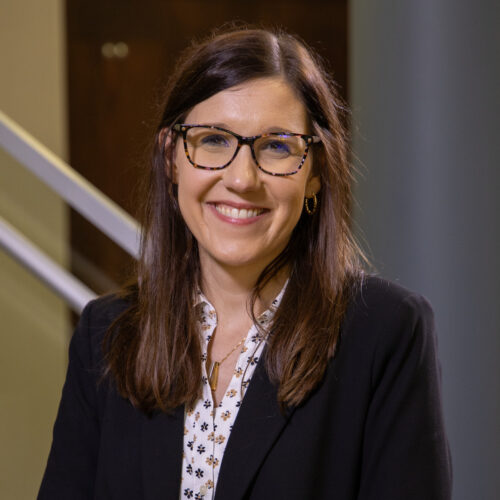
WMC’s Rachel Ver Velde Promoted to Associate Vice President & Senior Political Advisor
Wisconsin Manufacturers & Commerce (WMC) – the combined state chamber and manufacturers’ association – announced on Thursday that Rachel Ver Velde was promoted to Associate Vice President of Government Relations. In addition, she will take on additional duties as a senior political advisor for the organization.




